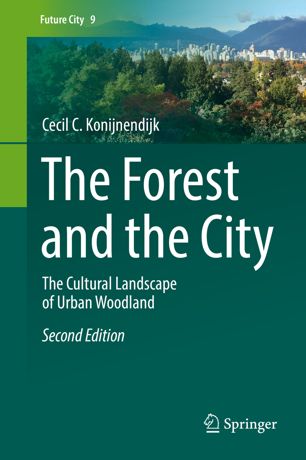

Most ebook files are in PDF format, so you can easily read them using various software such as Foxit Reader or directly on the Google Chrome browser.
Some ebook files are released by publishers in other formats such as .awz, .mobi, .epub, .fb2, etc. You may need to install specific software to read these formats on mobile/PC, such as Calibre.
Please read the tutorial at this link: https://ebookbell.com/faq
We offer FREE conversion to the popular formats you request; however, this may take some time. Therefore, right after payment, please email us, and we will try to provide the service as quickly as possible.
For some exceptional file formats or broken links (if any), please refrain from opening any disputes. Instead, email us first, and we will try to assist within a maximum of 6 hours.
EbookBell Team

4.8
74 reviewsAmsterdamse Bos, Bois de Boulognes, Epping Forest, Hong Kong’s country parks, Stanley Park: throughout history cities across the world have developed close relationships with nearby woodland areas. In some cases, cities have even developed – and in some cases are promoting – a distinct ‘forest identity’. This book introduces the rich heritage of these city forests as cultural landscapes, and shows that cities and forests can be mutually beneficial.
Essential reading for students and researchers interested in urban sustainability and urban forestry, this book also has much wider appeal. For with city forests playing an increasingly important role in local government sustainability programs, it provides an important reference for those involved in urban planning and decision making, public affairs and administration, and even public health.
From providers of livelihoods to healthy recreational environments, and from places of inspiration and learning to a source of conflict, the book presents examples of city forests from around the world. These cases clearly illustrate how the social and cultural development of towns and forests has often gone hand in hand. They also reveal how better understanding of city forests as distinct cultural and social phenomena can help to strengthen synergies both between cities and forests, and between urban society and nature.